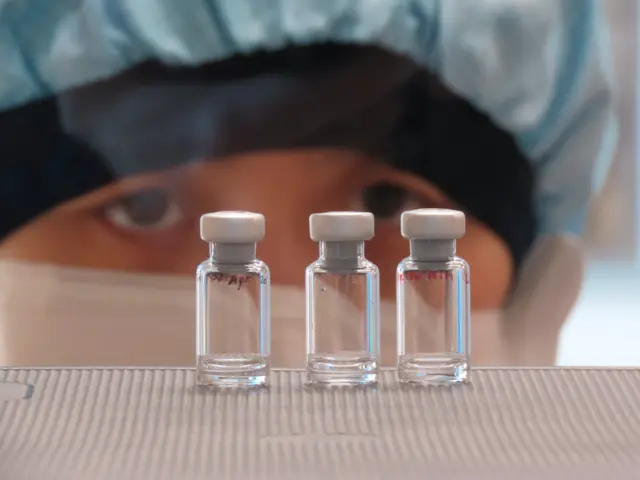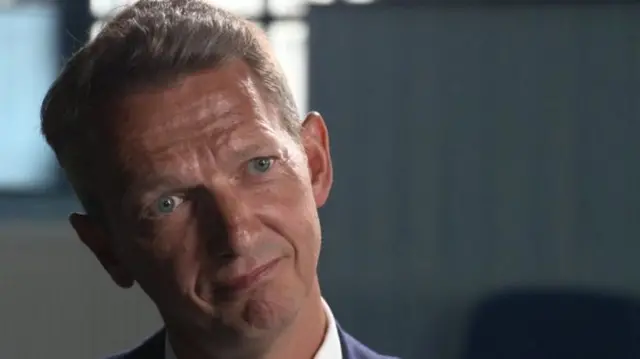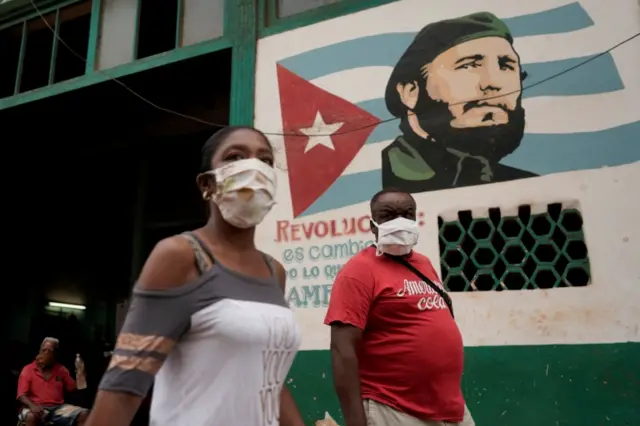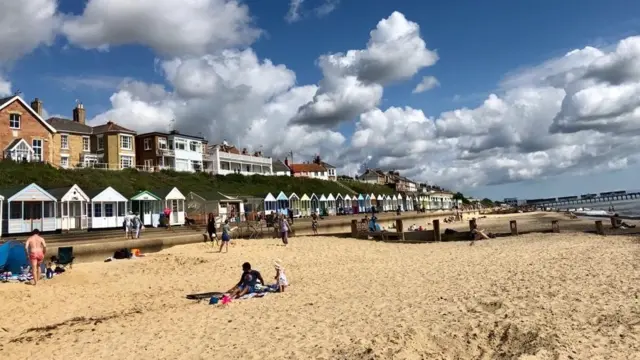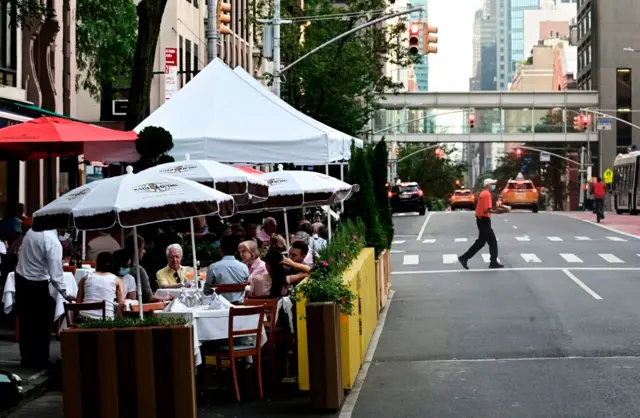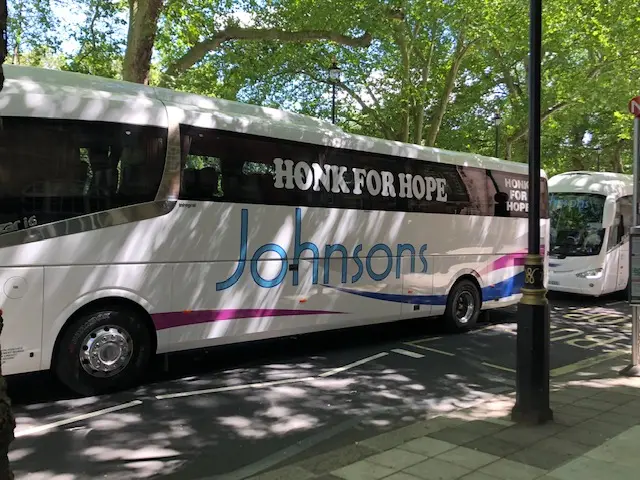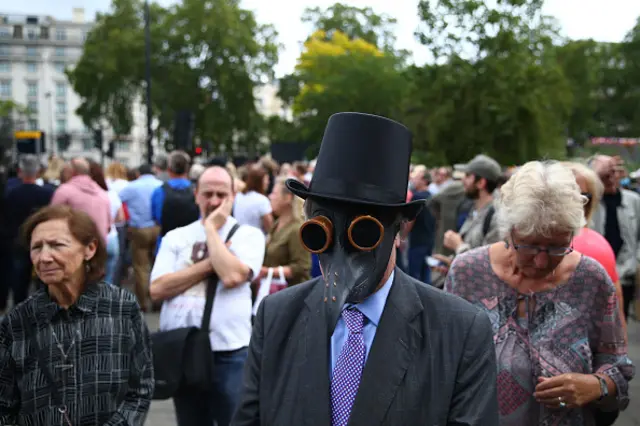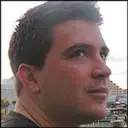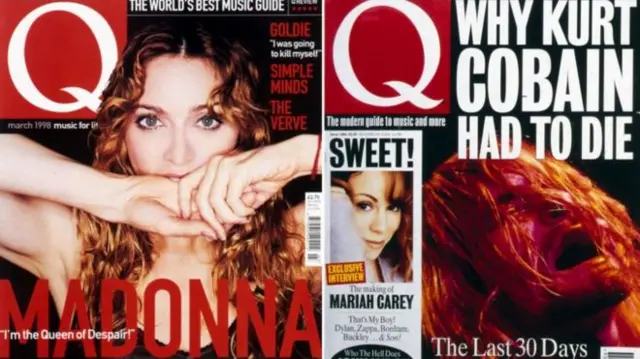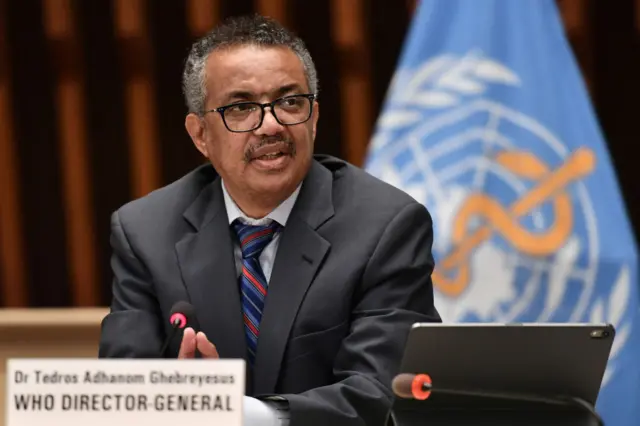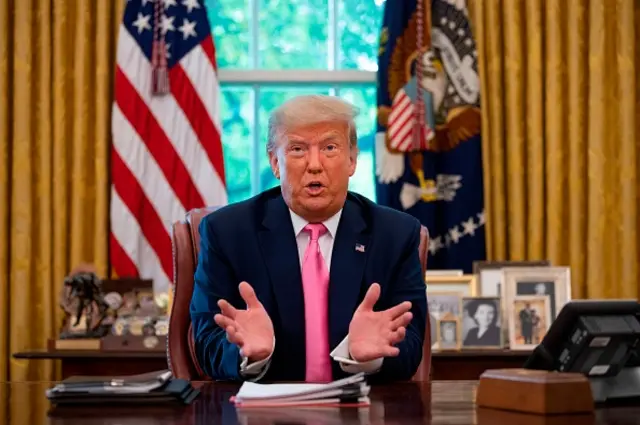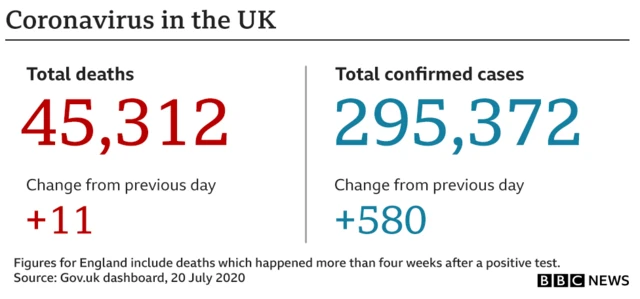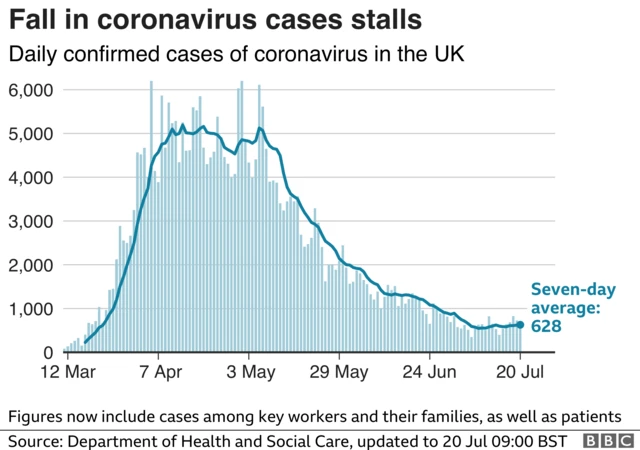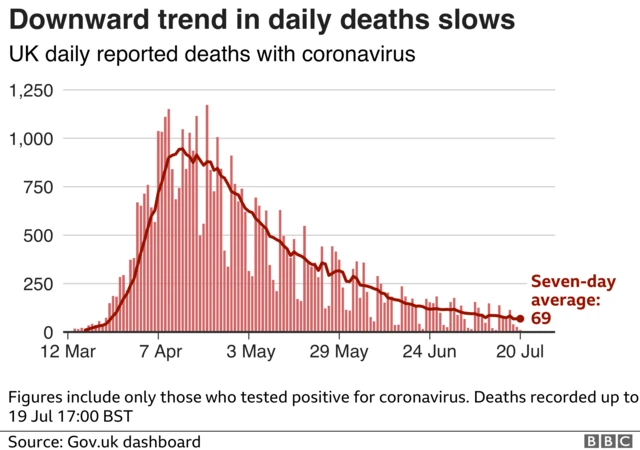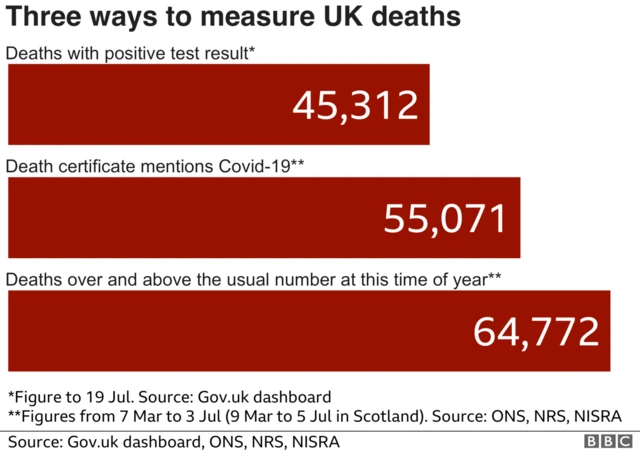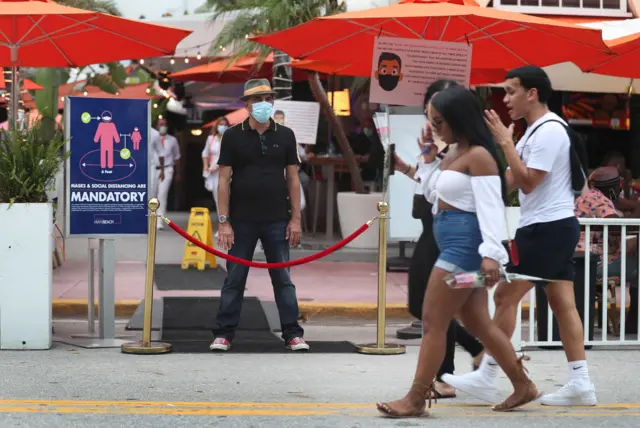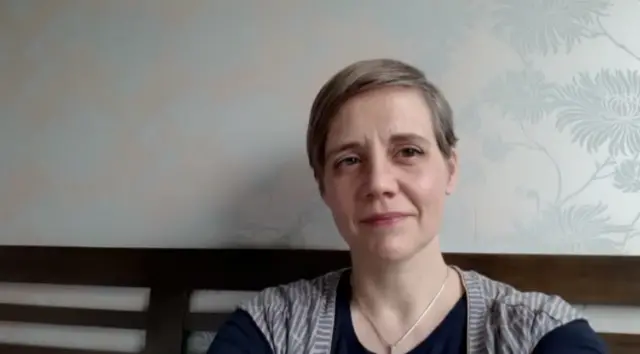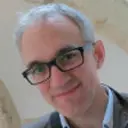What are the latest global developments?published at 19:52 BST 20 July 2020
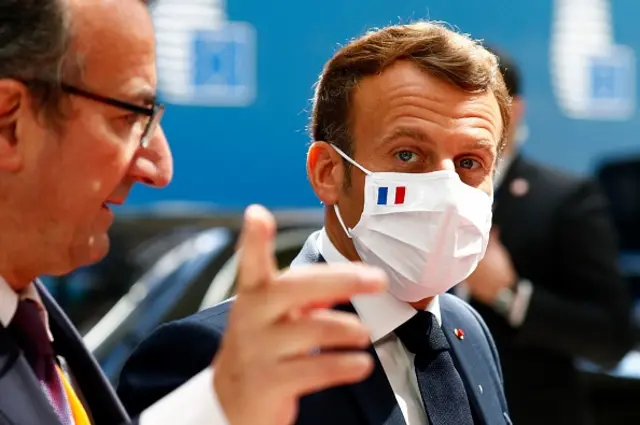 Image source, Getty Images
Image source, Getty ImagesThanks for following our coverage of the pandemic today, where the biggest developments were:
- More than 14.5 million cases of coronavirus have now been confirmed worldwide, according to a tally by Johns Hopkins University - the total death toll has also risen to 607,000
- America continues to be the worst-affected country, with 3.7m cases, followed by Brazil, India and Russia
- A coronavirus vaccine developed by the University of Oxford appears safe and triggers an immune response. A technique similar to the Oxford one, developed in China, also seems promising, external. In total there are 23 vaccines in clinical trials around the world and another 140 in early stage development
- French and German leaders say they're cautiously optimistic that the 27 European Union leaders can reach an agreement on a coronavirus recovery package, on the fourth day of intense negotiations. A key sticking point has been what part of the proposed €750bn (£680bn; $857bn) fund would be available to countries as non-repayable grants
- Nurses in Israel have been staging a general strike over staff shortages and poor working conditions made worse by the coronavirus pandemic
- Hong Kong is stepping up its measures against the virus after a record new number of cases were recorded on Sunday. Authorities have announced a series of new measures including the mandatory wearing of face masks in indoor public spaces
- France has become the latest country to make the wearing masks compulsory in indoor spaces such as shops, restaurants and banks. They were already required on public transport. People can be fined €135 (£122; $154) for failing to comply.
